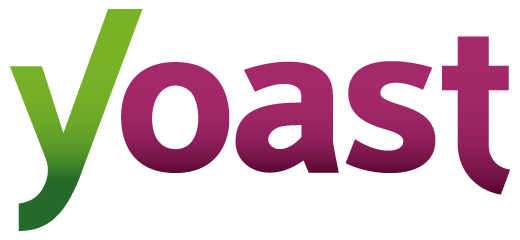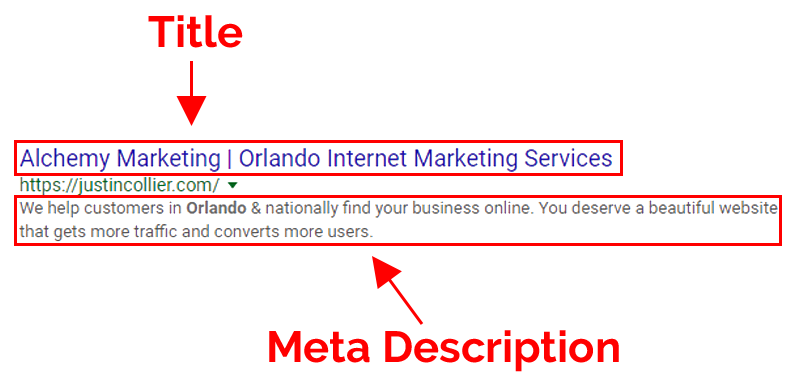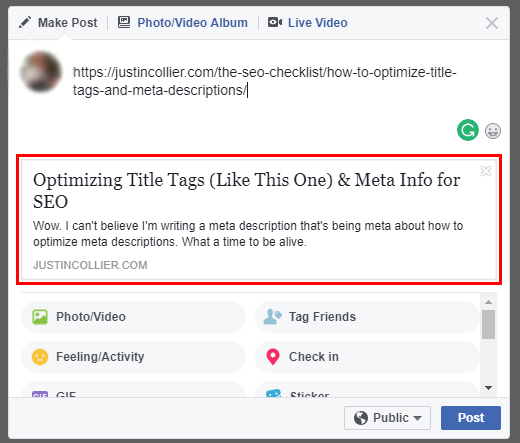How to Optimize Title Tags & Meta Descriptions
Page titles and meta descriptions play important roles in how your pages appear in search engine results. If done correctly, they can help entice a click.
And, if done poorly, they can cause the user to skip to the next result.
In this article, we’ll be discussing what titles and meta descriptions are, best practices for writing them, and how to implement them on your site.
What are Titles and Meta Descriptions?
Page Title
The page title is a short, 50-60 character-long description of your page that you write. It’s typically a good rule of thumb to just use your H1 as your title.
If you choose something else instead, Google may override your choice with the H1 of your page if the spiders think that it describes the page better.
The title is found in two important spots: the search engine result page (SERP) and in the tab of the user’s browser.
Meta Description
A meta description is an explanation of a page that you write and is often around 160 characters in length. It gives you an opportunity to tell the user what to expect before they click on your link. It’s found under the title and URL on a SERP.
How do Meta Descriptions and Titles Affect SEO?
Meta descriptions and titles can have a huge effect on click-through rate (CTR) which has been shown to affect ranking.
But when it comes to meta descriptions and titles alone, Google has said that they don’t specifically use them in their ranking algorithms.
If a user sees your title and meta description and believes that your page will answer their search query, they’re much more likely to click. In turn, if you’re receiving more clicks and engagement than Google expects you to be getting at your ranking position, they’re likely to move you up.
Additional Benefits of Using Meta Descriptions
Even though more clicks and a better ranking sounds great by itself, having optimized meta descriptions and titles has even more benefits.
- Bolded Keywords – If the words in your meta description match what the user typed in their search query, the keywords will be bolded.
Any small visual differentiation is a benefit to your result on a SERP because it will draw the user’s eye to your description.
-
- Social Media Sharing – Popular social media sites like Facebook, Twitter, and LinkedIn use your titles and meta descriptions when a user shares a page from your site.
-
How to Optimize and Prioritize Your Meta Descriptions
- Answer the User’s Question – If the user can find a short answer to the question that they have in your meta description, they’re much more likely to click on your link if they still require more information.
So, think about the questions that users searching for your page may have and try to answer them in the meta description.
- Use Strong Action Words and Calls to Action – Make sure that your writing focuses on the user and uses strong verbs instead of just describing what’s on the page. Check out the image below for an example.
- Start with the Most Important Pages –
If you’re just now finding out about meta descriptions and you have a large site, it may seem daunting to go through and add them on every page. Instead of overwhelming yourself, just make sure that your important, popular pages have optimized meta descriptions and move on from there.
If you have a large site, just optimize the most popular pages.
How to Implement Titles and Meta Descriptions
Instead of going in and adding <meta> tags and <title> tags to the <head> of all of your pages, we recommend using a service like the Yoast SEO Plugin for WordPress to make it easier.

Yoast SEO – (https://yoast.com/wordpress/plugins/seo/)
Simply scroll down below the content and look for the Yoast SEO section. Within it, you’ll see text boxes to write your title and meta description based on what you’ve learned here. It even shows a preview of what they will look like in a SERP.




